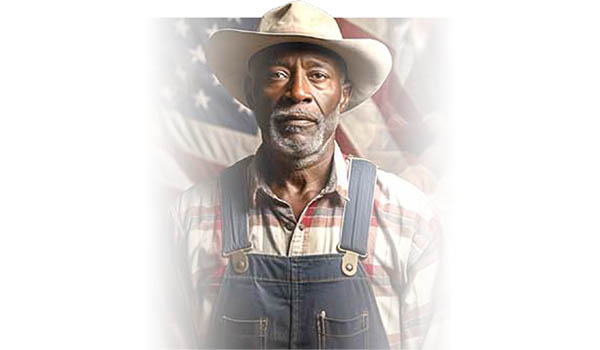Section 3 of the 14th Amendment to the United States Constitution expressly denies any person who has participated in a revolt against this country, or anyone who has supported our enemy, from holding the office of President: “No person shall be a Senator or Representative in Congress, or elector of President and Vice-President, or hold any office, civil or military, under the United States, or under any State, who, having previously taken an oath, as a member of Congress, or as an officer of the United States, or as a member of any State legislature, or as an executive or judicial officer of any State, to support the Constitution of the United States, shall have engaged in insurrection or rebellion against the same, or given aid or comfort to the enemies thereof. But Congress may by a vote of two-thirds of each House, remove such disability.”
Clearly, Donald J. Trump intended to seditiously steal the presidential election of 2020. He encouraged his riotous followers to join him in this effort, and he continues to brag about his plans to have his political opponents imprisoned. Shortly after January 6, 2021, many professors of law proposed that the 14th amendment required Trump be barred from office. When liberal advocacy groups sued to unseat Representative Marjorie Taylor Greene (R-GA) from any future ballots for her actions they were unsuccessful, but a New Mexico judge did remove County Commissioner Couy Griffin from his post for unlawfully entered the Capitol on January 6th. He was convicted of trespassing. In Greene’s case, a judge found that she didn’t participate in the January 6 insurrection, making her eligible to run for reelection.
In August of this year a pair of conservative law professors, William Baude and Michael Stokes, Paulsen, released a lengthy law review article on the issue. To great fanfare they concluded that Section 3 sets out a “sweeping” exclusion standard that prevents Trump “and potentially many others” from holding office. Their opinions are significant because Mr. Baude and Mr. Paulsen are members of the Federalist Society, an extremely formidable conservative advocacy group. They hold that the Constitution must be interpreted as its authors intended at the time of their writing. Their position has since been backed by other legal experts with very conservative credentials. Their work was endorsed by conservative former judge J. Michael Luttig.
The case against Trump is straightforward. He took an oath as an officer of the United States; the violent assault on the Capitol was an insurrection (defined as an act of open revolt against civil authority or a constituted government); Trump engaged in and propagandized that insurrection. The secretary of any state can be ordered by the court to keep him off their state’s ballot because of this crime, but so far this has not occurred. Rulings by state supreme courts can be appealed to the U.S. Supreme Court but the Supreme Court is not required to hear the case. Legal “That conversation was validating. I realized that I didn’t want to remember. Talk therapy helps,” declared Dr. Richardson. “I would do it again, but I would do things differently. The military is still a good option, especially if the person is not financially fit. Go to college first if you can afford to do so and enter as an officer. Also stand up for yourself and know when to cut your losses,’ explained Dr. Richardson. Dr. Richardson has been married to Gaylon Richardson for 29 years, and has a daughter, a son, two bonus sons, and a granddaughter. “When we are out, people assume that my husband is the veteran and he quickly and proudly corrects them, saying that she is the veteran.” experts predict that the Supreme Court will almost certainly get involved if any state prevents Trump from getting on the ballot, though.
Trump’s o challengers state that Section 3 is well-defined and can be used either on its own terms or through state laws that give election officials and courts the power to determine who can be on a ballot. Of course, Trump and his attorneys absolutely discard the entire 14th Amendment argument outright. His lawyers contend that since the 14th Amendment has been untested for more than 150 years for this end, it is being misinterpreted in this case. (It was used against the Confederate president Jefferson Davis and his vicepresident Alexander Stephens, both of whom had served in Congress, but has seldom been invoked since. It has never been brought against a former president.)



